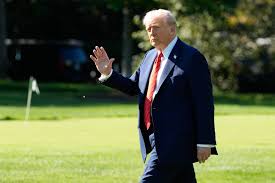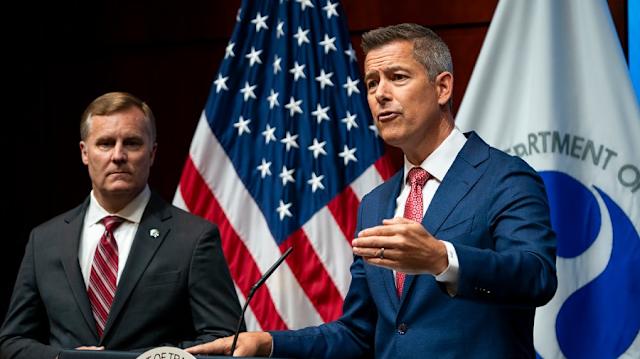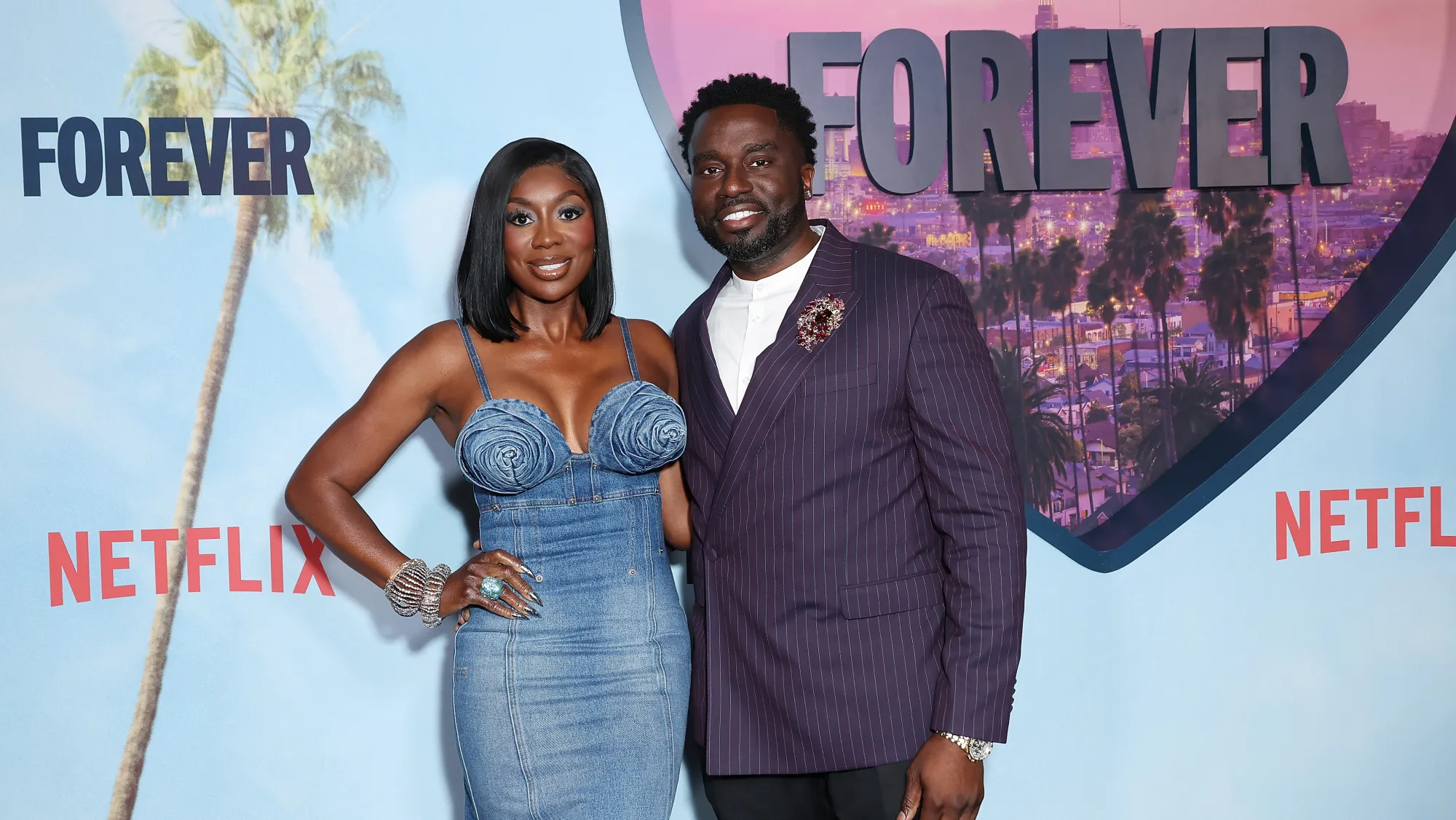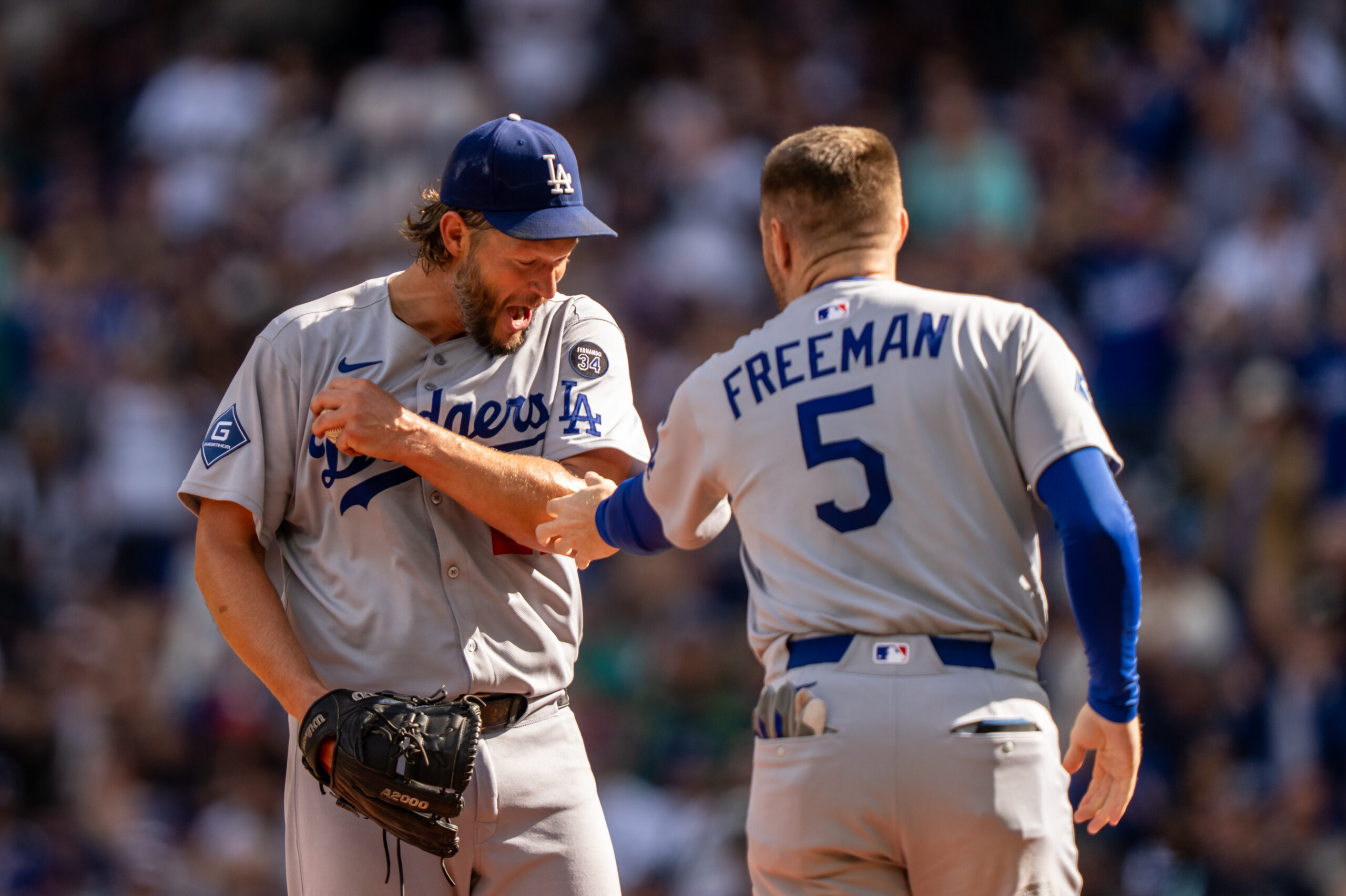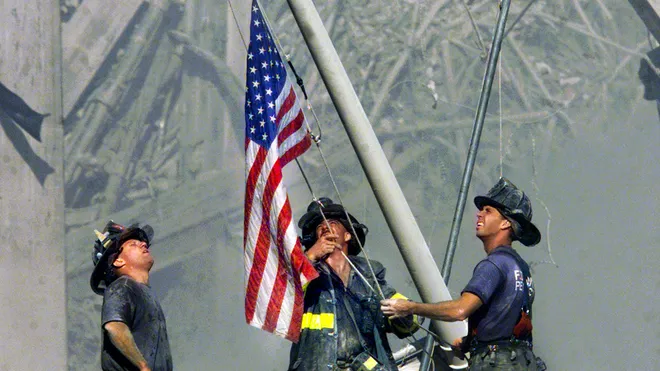
In the aftermath of the September 11 attacks, the world witnessed an unprecedented outpouring of global solidarity with the United States. From candlelight vigils in Paris to prayers in Tokyo, humanity united in grief and resolve. Allies pledged support, NATO invoked Article 5 for the first time in its history, and even traditional adversaries extended a hand of empathy. The world didn’t just see America as a superpower—it saw it as a wounded friend. That moment of global unity was rare and powerful. But over the next two decades, much of that goodwill would be eroded. Under Donald Trump’s presidency, America pivoted from global collaboration to nationalism, isolationism, and transactional diplomacy. Long-standing alliances were strained, international institutions were undermined, and rhetoric often replaced reason. Instead of building on the global support that followed 9/11, Trump’s approach alienated allies and emboldened rivals. The image of America as a beacon of hope and leadership dimmed in the eyes of many. While the scars of 9/11 remain, so too does the memory of a world once united with America—now replaced by a landscape of fractured trust and recalibrated alliances.
